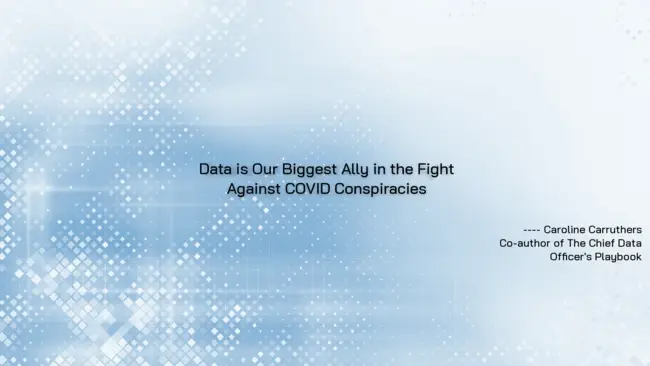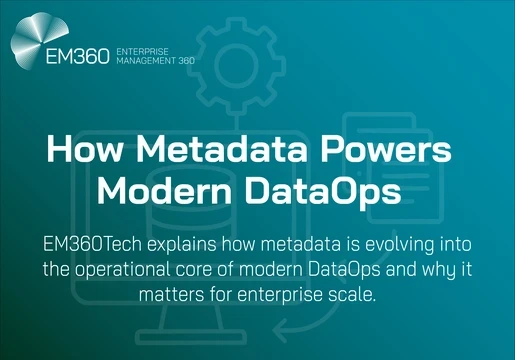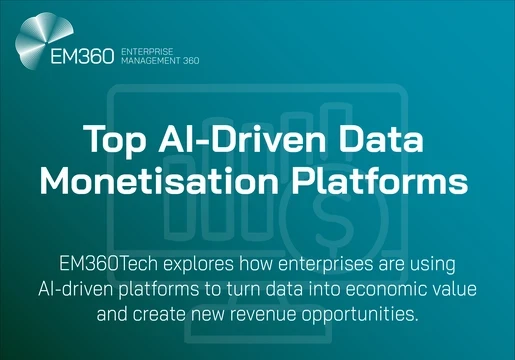
This article is written by esteemed author, Caroline Carruthers
Last year I wrote about how data would inform how we acted in the aftermath of the UK’s first pandemic lockdown. Would we go to the pub with mates, or continue to isolate even though the law had been relaxed? In the midst of a new lockdown that may now last until Easter those questions seem like a distant memory, but the importance of data in how we perceive the pandemic and react to public health policies has arguably become even more crucial.
There’s a large minority of people in the UK who are sceptical of both the public health restrictions and the rollout of vaccines. Almost a third of Brits said in recent polling that they were unlikely to take the Pfizer vaccine, despite the rigorous clinical trials and approval from the MHRA. When asked to delve deeper into the reasons why they were uneasy about a vaccine that will undoubtedly save lives, almost half said that they still wanted more data to prove that it was safe. So why are so many Brits still unsure about the safety of a vaccine that has gone through rigorous scientific testing processes?
The answer (as with most things I talk about) lies with data, or rather the lack of a data set that’s easy to understand. As with the information currently underpinning public health policy, we the public are receiving snippets of data from lots of different sources rather than being given a full, easy to understand picture. Individuals are looking at single bits of data that confirm their own bias, rather than viewing information in the context of wider datasets.
This “bits and pieces” approach to public data is critically undermining the confidence of a significant minority of Brits in health policy and vaccine efficacy. In its evidence to Parliament during an inquiry into the use of data during the pandemic, the Wellcome Institute, a non-profit British genomics and genetics research organisation, said that there is a “fragmentation of health data across various organisations such as NHS Digital, NHS England and Public Health England”, including “a lack of clarity on which organisations hold certain data and how to access data”. It went on to point out that the devolved nature of UK health systems has made the effective combination and contextualisation of datasets difficult.
Whilst full data sets clearly show that the Pfizer, Oxford and Moderna vaccines are safe and effective, and that public lockdowns reduce rates of infections and deaths from COVID, individuals can take data out of context to justify their own ends. In other words, we have all of the data we need to show the importance of effective public health policy and mass vaccination, but we now need to collate, contextualise and curate in order to present this complete package of data to the public.
In simpler terms, imagine we’re all in the same ocean, but floating on different boats. Some of us can see an iceberg up ahead, whilst others are being swept by the wind into a different direction. Some boats are close to each other, other boats are isolated. We’ll never have a full picture of what the ocean looks like unless all of the boats are able to communicate with each other to build up a comprehensive guide to where icebergs are, how far away we are from other boats and which way different continents lie.
The bottom line for me is that we need a sense of being informed rather than seeing data presented by lots of different sources in a sensationalist and alarmist manner. In the same way businesses need to contextualise and refine their data before using it to make decisions, the Government now needs to centralise information and present the whole package in a comprehensible format. Data is our biggest ally in the fight against COVID conspiracies, but only if we use it properly.







Comments ( 0 )